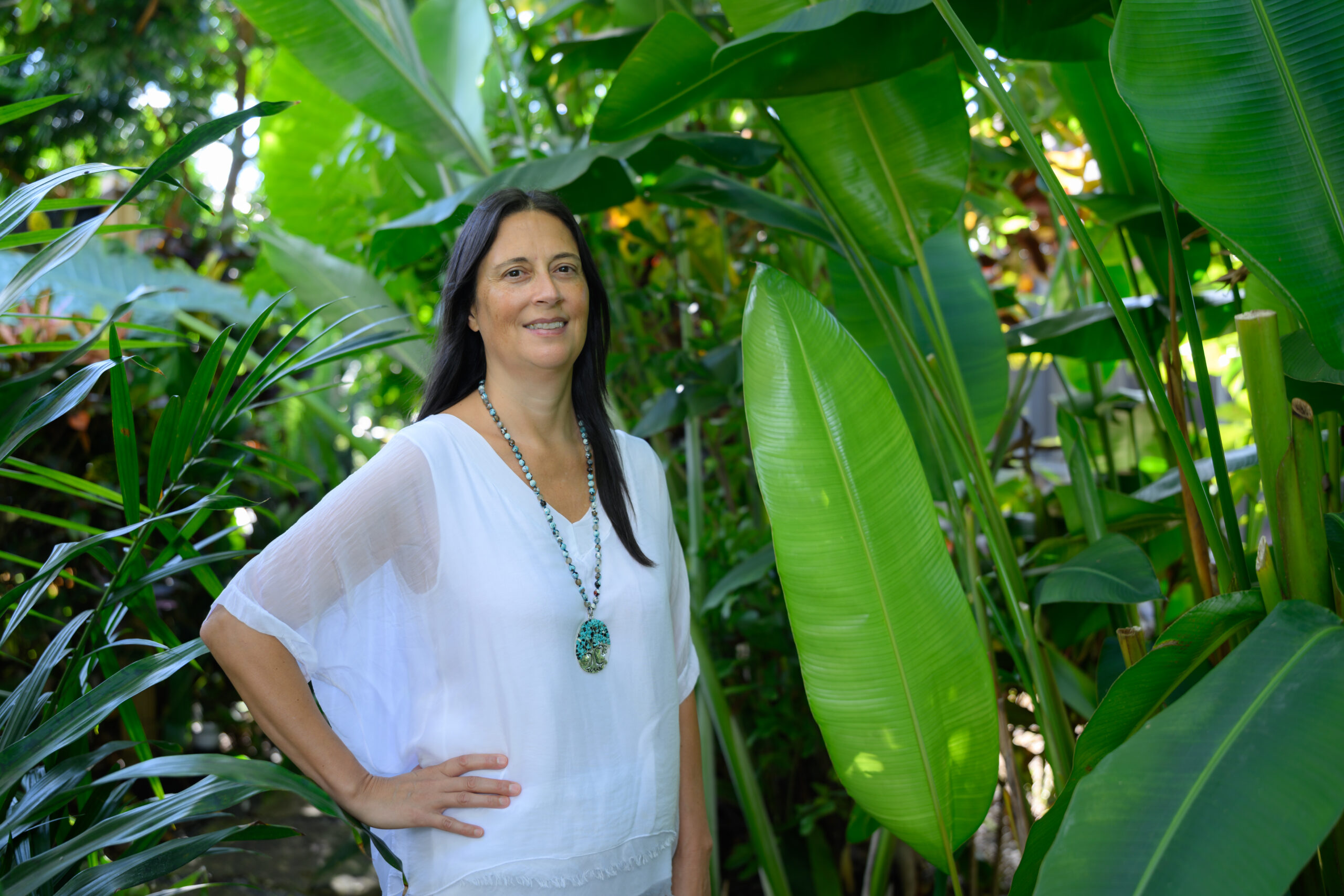Photo by May Bagnel Photography
As a certified divorce financial analyst, Victoria Lowell is all too familiar with the fallout of broken marriages. And from her perspective, the only thing more hurtful than marital infidelity is financial infidelity, which, she says, happens more often than most couples think.
“When you find out someone has been using your credit card or is riddled with debt, it’s absolutely horrendous,” she says. “Women most often put up with bad situations because of a lack of financial knowledge, confidence and independence.”
To focus on helping these women, Lowell left her position as a financial advisor for The Lowell Group, a branch of UBS Financial Services where she worked with her husband, Carlos, the Lowell Group’s senior vice president of wealth management. In 2018, she launched Empowered Worth, a financial coaching resource geared toward educating women on everything from credit cards and loans, to divorce, stocks and bonds, and retirement planning.
“There’s this disparity of power that I often see in relationships, and it all revolves around money,” she says. “It’s time we change that balance of power.”
Lifestyle asked the Pinecrest resident a few questions about the importance of her work.
1. How did you become interested in finance, and why is it important to empower women with financial knowledge?
“I think our relationship with money and finance start at a really early age. Think about it: Many of us probably played ‘store’ or something similar growing up. But for me, finance came from my husband. I wanted to launch myself back into the workforce after having kids, and I started to work for him as a client services associate and eventually a full-time financial adviser. The more I dealt with women, the more I realized women want to work with other women, which is how Empowered Worth came about. What I’ve learned is for women, finance and independence go hand in hand. Women who don’t feel financially stable often find themselves a victim of financial spousal abuse. It happens every day—the husband has a great career, but the wife has no idea how much money is brought into the household and what kinds of bills or debts they may or may not have.”
2. Is there a client story you can share that speaks to your work?
“I deal with many incredibly worthy women who are in poor financial situations. Recently, I had a client who is an entrepreneur and finally had the courage to leave her husband. He slowly chipped away at her self-esteem because she made more money. When she finally left, he canceled all of her credit cards. She was in a situation where she needed to establish accounts and slowly get credit from a bank so she could transact. The most evil thing is these women are usually not aware of what’s going on. They think cards in their name are establishing their credit, but [that’s not true]. They don’t realize their husbands are taking credit out in their names. Once we get all of that figured, we come up with a plan to get them where they need to go in the long term.”
3. What were some of the things you learned as a divorce financial analyst?
“I really began to see the level of financial infidelity. It’s more hurtful to a marriage than cheating. It includes everything from hidden accounts to not knowing how much money your partner is making. If you’re shopping and you had a family member hide bags in the back of the car, that’s even financial infidelity. I actually just came across a statistic that something like eight in every 10 couples commit acts of financial infidelity.”
4. What do you hope to accomplish with Empowered Worth, and how have you seen it already affect women?
“We raise our daughters to say a man will handle the finances. We don’t raise them to think about investing. Back in October, I really looked at myself and said, if I don’t do this now, I never will. Right now, we have a blog on Empowered Worth, and we’re getting ready to launch on-demand courses in the fall covering different financial topics, from saving to investing and retirement. By the summer, I hope to have my book published too. As women ‘lean in’ more, I see them becoming much more active in their family’s financial planning. In fact, women tend to be better in investing in the stock market than men. It’s a slow and steady process of self-assurance. Then they even start to bring their children to the table. The best is working with these women and then meeting their daughters. The goal is to stop this cycle of women not being involved in finances.
5. What suggestions do you have for women who are looking to become more financially independent?
“All women should think about what they’re doing about saving, budgeting and investing. For those with partners, it’s important to open the dialogue. If they don’t like the conversation, you have bigger problems. I also suggest going to an independent financial person to conduct a deep dive of your financial situation, whether you’re single, thinking about getting married or already married. I also always say, ‘Get a prenup [prenuptial agreement]!’ ”















